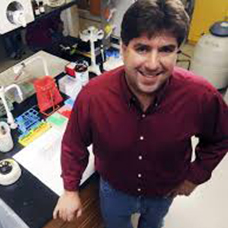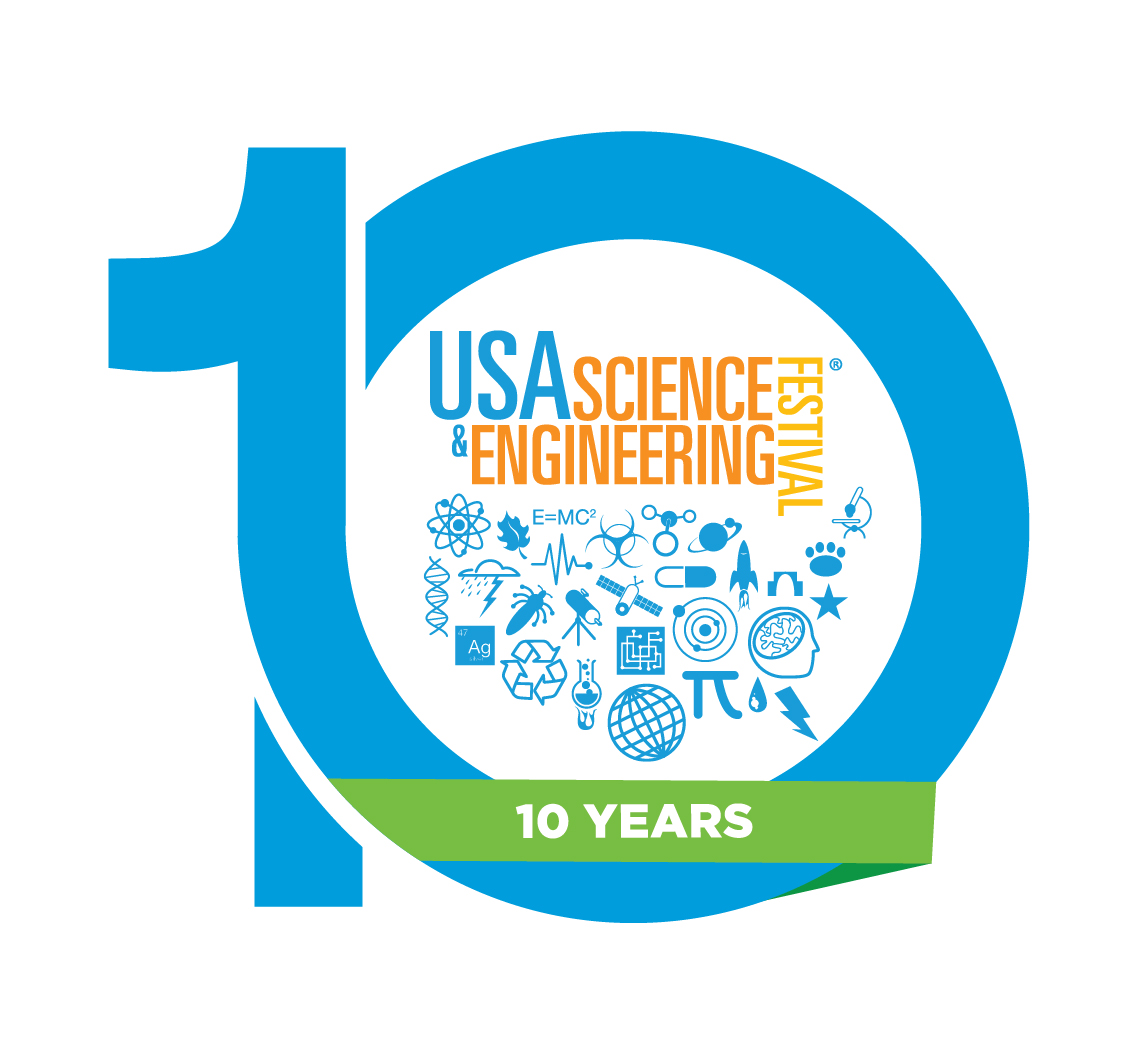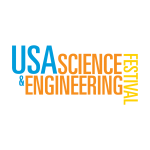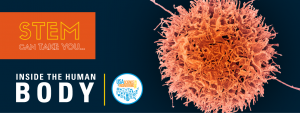Biography
The Biotech Field of Proteomics: Helping Develop Better Treatment Approaches for Cancer Patients
What if we could diagnose cancer earlier while it was still only affecting a few localized cells? Or what about a test that accurately pinpoints which proteins are active in cancer cells, thereby helping doctors determine the best individualized drug treatment approaches for cancer patients?
These are just some of the possibilities being realized through the emerging field of proteomics– a branch of biotechnology that is building upon the success of the Human Genome Project by applying the techniques of molecular biology, biochemistry, and genetics in analyzing the structure, function, and interactions of proteins produced by genes of a particular cell, tissue, or organism. Data derived from proteomics are being transformed into valuable bioinformatic tools that scientist are then applying to myriad areas of cancer investigation.
“I think this is what you dream about from a research standpoint, especially its potential to help patients” says scientist Emanuel “Chip” Petricoin III, commenting on the promise of this growing frontier. A renowned proteomics and cell signaling expert, Chip is Co-Director of the Center for Applied Proteomics & Molecular Medicine, and Professor of Life Sciences, at George Mason University.
With his colleague Lance Liotta (who also co-directs the Center for Applied Proteomics & Molecular Medicine at George Mason), Chip is currently exploring their recent discovery of an archive of protein fragments in the blood that are biomarker candidates for breast, ovarian, and lung cancers. (A biomarker is a special biologic feature that can be used to measure the presence or progress of disease or the effects of treatment.) Their immediate goals are to validate these potential biomarkers in clinical trials to determine their feasibility in the diagnosis of cancer prior to metastasis, and to analyze molecular pathways in diseased tissue to determine individualized and targeted treatments for patients.
For instance, in a recent pilot study involving 25 women with metatastic (advanced and spreading) breast cancer — which was the first study of its kind to use proteomics with a novel protein activation mapping technology — Chip and Liotta reported noted success in this technology’s ability to guide doctors in pinpointing effective drug therapy, treatment that otherwise would not have been prescribed. This proteomics-based approach, Chip says, resulted in nearly half the patients having at least a 30 percent increase in “progression-free survival,” which is the time between or during treatment that the cancer is not growing.
Chip is also investigating the development and use of nanotechnology to synergize with proteomic tools for new types of biosensors, nanoparticles for biomarker discovery, and nanoelectronics. He and Liotta have more than 20 patents pending in the areas of cancer theranostics, biomarkers, and related technologies.
Chip came to George Mason University from the U.S. Food and Drug Administration Center for Biologics Evaluation and Research, where he served as a senior investigator. His expertise also includes drug and biologic effects on signal transduction and kinase-driven cascades, diagnostic platform development, pathogenic microbiology, and artificial intelligence-based bioinformatics tools.
He holds a Ph,D. in microbiology from the University of Maryland at College Park. Dr. Petricoin also serves on numerous editorial boards, has co-written more than 340 articles for peer-reviewed publications, and is a member of the American Association for Cancer Research.
For more information, http://eagle.gmu.edu/faculty_experts/?id=142

